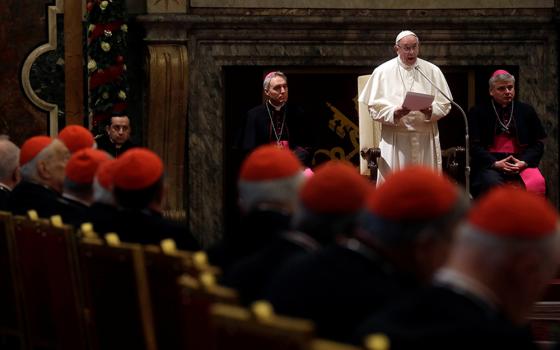THE QUEST FOR GOD AND THE GOOD: WORLD PHILOSOPHY AS A LIVING EXPERIENCE
By Diana Lobel
Published by Columbia University Press, $26.50
We don’t often think about the extent to which philosophical frameworks guide both our religious quests and our everyday lives. Who or what is God? How are God and the world related? What is the good? How is our human conception of the good related to the ultimate Good? Do happiness, goodness and religiousness coincide? What is the relationship between the active life (in pursuit of the good) and the contemplative life (reflecting on God)?
A new book in world philosophy by Diana Lobel, associate professor of religion at Boston University, provides an admirable introduction to such questions. More than a survey, Lobel’s book invites us all to rethink our way of life in relation to the “big” questions of God, the good, and the meaningful life. Instead of pushing for one vision of God and the good, the book underscores the value of varied approaches to the search for the ultimate and encourages the transformation that one undergoes in the search itself.
Lobel insists, “Philosophical arguments [are] in essence spiritual exercises whose goal [is] to transform the self.” Lobel thus sees the pursuit of God and the good as intrinsically valuable as a way of life, a way of being that orients us in the world and forms us as persons. Far from the popular stereotypes of philosophy as esoteric and impractical, philosophy is fundamentally practical and essential for the good life. Even if we cannot fully articulate God and the good, it is the search itself that grounds a meaningful life. As someone who finds challenging questions often more powerfully transformative than the answers themselves, I could not agree more.
 Lobel structures the book around biblical views of God and classical Greek philosophy. She begins with the Genesis creation accounts, exploring how biblical presentations of God, the world and goodness are interrelated. She challenges popular assumptions about the Genesis creation accounts and provides readers with a good starting point for thinking comparatively about God and the good. From this, Lobel connects divergences in the thought of Plato and Aristotle with divergent tendencies in other world philosophies. In this way, she provides an overarching framework that is particularly helpful for Western readers at least nominally familiar with biblical perspectives and Greek philosophy.
Lobel structures the book around biblical views of God and classical Greek philosophy. She begins with the Genesis creation accounts, exploring how biblical presentations of God, the world and goodness are interrelated. She challenges popular assumptions about the Genesis creation accounts and provides readers with a good starting point for thinking comparatively about God and the good. From this, Lobel connects divergences in the thought of Plato and Aristotle with divergent tendencies in other world philosophies. In this way, she provides an overarching framework that is particularly helpful for Western readers at least nominally familiar with biblical perspectives and Greek philosophy.
Throughout the book, Lobel highlights the similarities and differences between the thinkers and ideas she considers. She provides modern examples of the theories she discusses and she situates some of today’s most influential philosophers in their broad intellectual traditions. Overall, Lobel admirably presents varied approaches to God and the good and introduces an impressive array of important figures without losing the reader in minutiae.
I was disappointed that there wasn’t more consideration of Christian philosophy. Although she brings in biblical views and the thought of Augustine, Lobel does not spend much time -- if any -- on classical Christian philosophy or its many contemporary offshoots. Given the great philosophical and theological syntheses of Christian thinkers like Thomas Aquinas (thinkers who brought together Greek, Jewish and Muslim thought in their own philosophical investigations), I very much wanted to see Christian philosophy more prominent in the book.
I would have also appreciated more evenness in the chapters. Eastern philosophies are presented in dense chapters (one chapter each for Chinese, Indian and Buddhist philosophies), while Western philosophies receive more individuality and space. For example, the nuances and ambiguities of Plato’s thought are (artfully) explained in an entire chapter. And the Jewish philosopher, Maimonides, is featured in no less than three chapters (each chapter shedding further light on the many facets of his thought). That being said, I was impressed with Lobel’s skill in presenting Eastern approaches clearly while also giving the reader a sense of the diversity within those Eastern philosophical traditions.
For those looking for an introduction to world philosophy, this is an excellent option. The book’s website (www.cup.columbia.edu/book/978-0-231-15314-0/the-quest-for-god-and-the-good/webFeatures) includes supplementary readings and study questions for each of the chapters. This online guide is an outstanding resource for teachers, students, reading groups and motivated readers. Lobel is to be thanked for providing us with a wonderful book that both instructs and inspires our own philosophical and spiritual journeys.
[Tracy Sayuki Tiemeier is assistant professor of theological studies at Loyola Marymount University, Los Angeles.]







